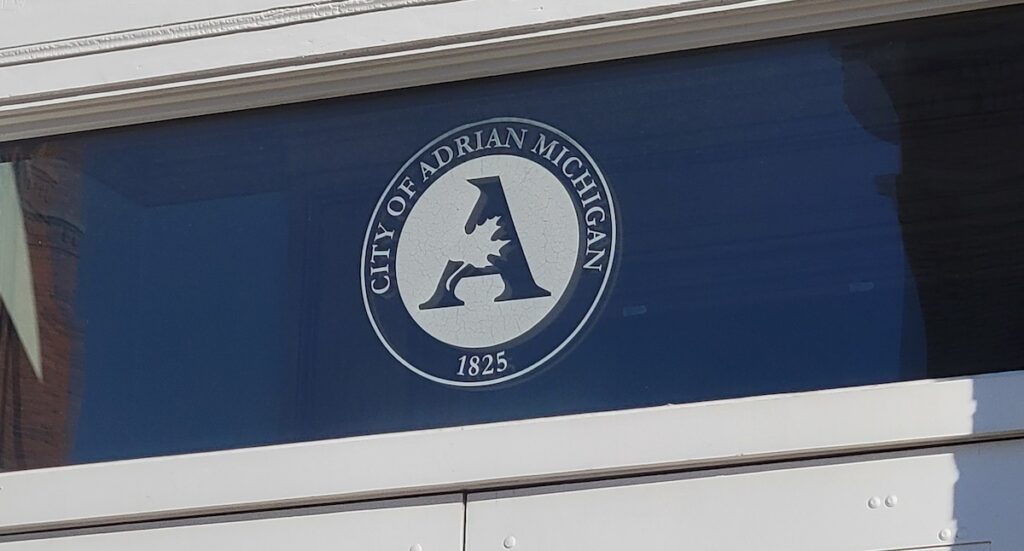
ADRIAN — A pot of money has been set aside to help people harmed by odor problems from the Crimson Holdings powdered egg plant on East Maumee Street, and how to make sure that money is used as intended was the subject of discussion at a December 4 Adrian City Commission study session.
City administrator Greg Elliott and city attorney John Gillooly explained that Judge Laura Schaedler, in two separate actions, ordered Crimson Holdings to make payments to the city to be used for the benefit of affected residents.
One pot of money is to total $100,000, of which the city has already received $50,000 and will receive the second half next year. The other totals $22,750 and is a little more specific in how it is to be used, with Schaedler having asked the city to develop a workforce-based remediation program in which underemployed people would be hired to help residents with things like minor cleanups and repairs.
To spend the second sum, Gillooly suggested using it to help people who have been cited for a variety of nuisance complaints but don’t have the resources to fix the problems. These could include things like cutting the grass, scrape-and-paint jobs on garages, or debris removal. The city could use the $22,750 to help residents fix the problems they’re being cited for and then dismiss the enforcement actions against them.
The $100,000 comes with less direction from the court, but commissioners and city staff seemed to be in agreement on two key points:
First, the affected communities should be involved in deciding how the money is used. Commissioner Matt Schwartz said the city should hold a public forum in the affected area. Commissioner Bob Behnke agreed, saying: “We don’t know what we don’t know.” Several commissioners, including Mary Roberts, Gordon Gauss, and Mayor Angela Sword Heath, voiced support for holding a forum at the Lenawee County Fair and Event Grounds, since the fairgrounds are right in the heart of the area affected by the air pollution.
Second, the aid should not be limited to homeowners. “Who was affected? Property owners who are renting out their properties weren’t necessarily as affected as the people living in those properties,” Elliott said. He and Gillooly also expressed reservations about anything that would direct the money toward absentee landlords, some of whom have been causing major headaches for tenants and the city by failing to take care of their properties.
Commissioners also discussed how to define the areas most affected. Elliott said the Michigan Department of Environment, Great Lakes, and Energy (EGLE) may be able to help with modeling to determine what areas of town specifically have borne the brunt of the problems. He also noted that geography isn’t the only factor: for instance, he said, people whose houses have central air conditioning have probably not been as badly affected as people who had to have their windows open all summer for ventilation.

